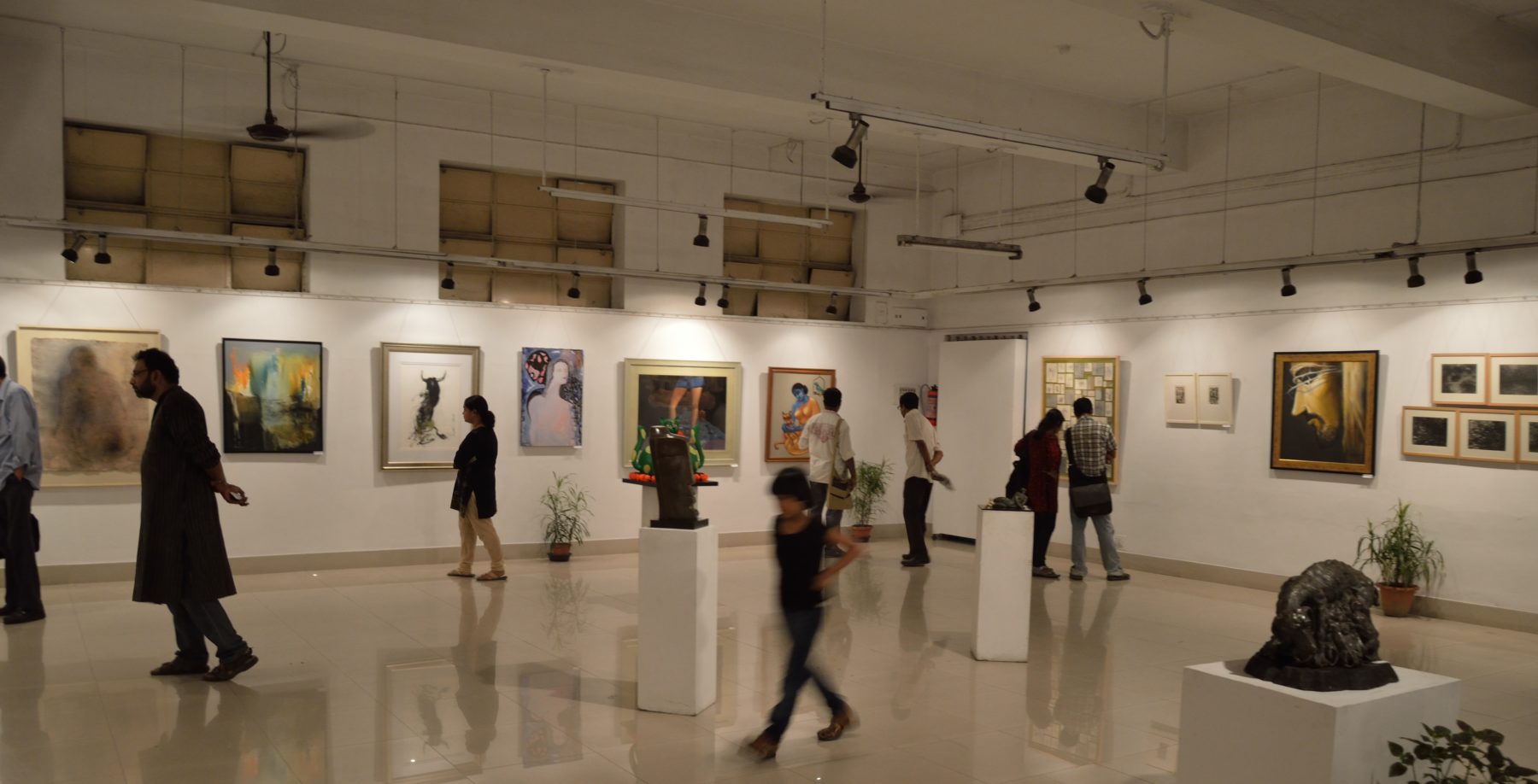A 3-part webinar series of the Cultural Research Network and American Evaluation Association’s Arts, Culture & Museums group
Session #1 Re-Examining Recent Practice: Case Studies and Innovations 6-8pm Wed 15 Sept (New York/Toronto) | Session #2 Equity & Evaluation Practice: Making Organization-wide Change 6-8pm Tues 26 Oct (EST) | Session #3 Partnering with Culture Funders to Advance Equity in Evaluation 6-8pm Wed 1 Dec (EST) |
Series description: With unprecedented attention to equity issues throughout the culture sector, how can evaluation practices in cultural organizations be equitable as well as feasible and effective? How do evaluator/sponsor power relations, community participation, funding, and related issues shape evaluation designs and how results are interpreted, distributed, and used?
Equity & Evaluation Practice in Cultural Organizations provided a platform for evaluators to work through these questions, and to collectively identify solutions to common problems of practice.
Session #1 (see recording, PowerPoints, and recommended readings here.
Session #2 (see recording, PowerPoints, and recommended readings here.
Session #3 explored how funder/evaluator partnerships can advance (or inhibit) equity in evaluation. Perspectives were heard from: 1) a service organization that advocates for anti-racist policies and practices to be integrated by arts & culture funders, 2) an evaluator, thought leader, and catalyst for equity, justice, and systemic change throughout the arts and culture sector, and a 3) a national arts council committed to ensuring that diversity will contribute to a distinctive style of artistic excellence and innovation. The webinar also featured interactive breakout groups discussing multiple questions about funding for equity in evaluation.
DISCUSSION
SESSION PREP
Advance prep from Nadia Elokdah
READINGS
— Shifting the Evaluation Paradigm_ The Equitable Evaluation Framework™.pdf – Google Drive
— Morgan Williams, Are Diversity, Equity, and Inclusion Statements Effective Tools for Foundations? | Grantmakers in the Arts (giarts.org)
— National Assembly of State Arts Agencies, In-Pursuit-of-Equity-Four-Case-Studies.pdf (nasaa-arts.org)
— The Center for Effective Philanthropy, CEP_Foundations-Respond-to-Crisis_Toward-Equity_2020.pdf
Speakers
Nadia Elokdah is an urbanist and design strategist working at the intersection of public systems and cultural practice. She currently serves as Vice President & Director of Programs at Grantmakers in the Arts. Nadia previously served as special projects manager with the New York City Department of Cultural Affairs, and coordinated the development of the City’s first cultural plan, CreateNYC. She is devoted to civic engagement through culturally responsible, inclusive, and equitable design practice. She currently serves as steering committee member of the Women of Color in the Arts (WOCA) Non-Black POC Solidarity! into Action Committee. Nadia holds a Master of Arts in Theories of Urban Practice from Parsons School of Design and a BA in Architecture from Temple University.
Alison T. McNeil is the founder and chief creative officer of McNeil Creative Enterprises. Her efforts have created pathways for systemic change in the arts and culture sector. She’s led multi-million-dollar change efforts that have directly informed policy, grantmaking, and strategic partnerships. She has placed quality talent and documented impact for emerging leaders, artists, performing arts and collegiate administrators, and government officials. Alison has served as a thought leader on numerous grant panels, boards, conference panels, and advisory committees, created spaces for women of color, authored numerous publications, and delivered presentations on equitable evaluation, organizational culture, and systemic change. Currently, she serves on the board of directors for SOLE Defined and the Black Genius Foundation. Alison holds a Bachelor of Arts in Sociology from Hampton University and a Master of Arts in Educational Leadership from American University.
Mikala Tai is the Head of Visual Arts at Australia Council for the Arts, previously the director of the 4A Centre for Contemporary Asian Art, Sydney. As a curator, researcher, and academic specialising in contemporary Asian art, she has collaborated with local, national, and international organisations to strengthen ties between Australia and Asia. Tai has taught at Monash University, Royal Melbourne Institute of Technology (RMIT), and the University of Melbourne in both undergraduate and postgraduate programs. Tai’s writing can be found in several exhibition catalogues in addition to periodicals. In 2015, Tai received her PhD, focusing on the influence of the global city on China’s local art infrastructure.
Brea M. Heidelberg is an arts management educator, consultant, and researcher focusing on the intersection of the arts and other fields of study. She is currently an Associate Professor and Director of the Entertainment & Arts Management Program at Drexel University. As an arts manager specializing in human resources, Dr. Heidelberg’s consulting interests focus on human resources issues in the nonprofit arts, particularly issues related to diversity, equity, and inclusion. Her research focuses on the professionalization of the field of arts management, organizational development & structuring, and employee recruitment, selection, and retention. Dr. Heidelberg earned her PhD in Arts Administration, Education and Policy from The Ohio State University.
Coordination: Equity & Evaluation Practice in Cultural Organizations was a collaboration between the Cultural Research Network/American Evaluation Association collaboration. It is coordinated by David B. Pankratz (Creative Sector Research, Pittsburgh), Patti Saraniero (Moxie Research, San Diego), Robin Sokoloski (Mass Culture, Toronto), Christen Cornell (Australia Council for the Arts, Sydney), and several volunteer facilitators from the American Evaluation Association and Cultural Research Network.
